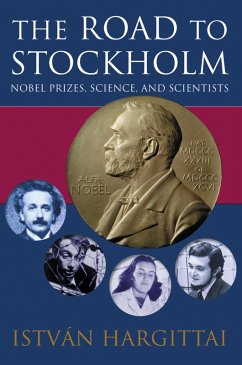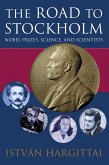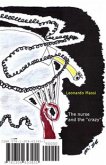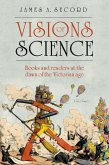The Nobel Prize is by far the highest recognition a scientist may receive and the only one with which the general public is familiar. Its prestige has reached improbable heights. At the same time a lot of myth surrounds the Nobel Prize, and this is compounded by the fact that people tend to view scientists with some bewilderment. This book introduces the process of selection of the laureates, discusses the ingredients for scientific discovery and for getting recognition. It reviews the decisive moments of scientific careers en route to the Nobel Prize, points to characteristic features of the laureates, the importance of mentors and venues in scientific careers and other components of success. It also covers some discoverers and discoveries for whom and for which the Nobel Prize never materialized. Whereas there is no general recipe for receiving the Nobel Prize, there are common features of successful scientific careers. The book reveals some information about the scientists' lives and careers that may guide other scientists in increasing their chances of becoming more effective and better recognized players - although it is not expected to help anyone to receive the Nobel Prize! For the general reader The Road to Stockholm reveals the human face of scientists and the human side of their endeavours. The Nobel Prize has served as inspiration for scientists and the general public for a hundred years: this book discusses its problems and celebrates its triumphs.
Dieser Download kann aus rechtlichen Gründen nur mit Rechnungsadresse in A, B, BG, CY, CZ, D, DK, EW, E, FIN, F, GR, HR, H, IRL, I, LT, L, LR, M, NL, PL, P, R, S, SLO, SK ausgeliefert werden.
Review from previous edition The history of the Nobel prizes for science, first awarded in 1901, is an absorbing chronicle of perseverance and truimph, rivalry and vanity; István Hargittai tells it with gossipy aplomb and more than 100 interviews with living laureates. John Cornwell writing in The Sunday Times'Review from previous edition The history of the Nobel prizes for science, first awarded in 1901, is an absorbing chronicle of perseverance and truimph, rivalry and vanity; Istvan Hargittai tells it with gossipy aplomb and more than 100 interviews with living laureates.'- John Cornwell writing in The Sunday Times









